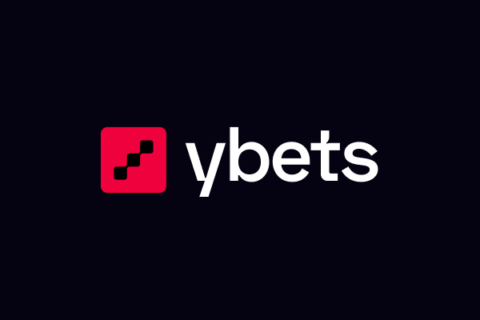Ohio’s Gambling Regulator Cracks Down on iGaming Promotions

The Ohio Casino Control Commission (OCCC) has recently approved substantial revisions to advertising and promotional guidelines for the state’s gambling industry. These changes aim to protect vulnerable populations and uphold the integrity of gambling operations.
A pivotal alteration includes the prohibition of gambling companies from tying promotions to “non-gaming, consumer transactions,” a measure explicitly designed to shield underage consumers. For example, companies like Fanatics Sportsbook are now barred from targeting high-school-aged customers through team merchandise promotions.
Moreover, the new regulations forbid offering promotions to individuals on voluntary or non-voluntary exclusion lists, those suffering from gambling issues, or other vulnerable individuals.
Before these rules take effect, they require the green light from Ohio’s Common-Sense Initiative office and the legislative Joint Committee on Agency Rule Review. The OCCC will then revisit the proposals later this year for final approval.
The OCCC is also set to bolster integrity monitoring requirements. Presently, integrity monitors are tasked with flagging “unusual” or “suspicious” gaming activities. The revised rule mandates that monitors actively “collect and analyze information to identify integrity concerns,” transitioning from a reactive to a proactive approach.
During the OCCC meeting, discussions focused on ensuring that athletes have the means to anonymously report concerns and that whistleblowers can safely raise issues. The executive director of the OCCC will be responsible for determining how this information is disseminated.
In a related development, Massachusetts regulators are contemplating similar modifications to their gambling regulations, signaling a broader industry trend toward stringent regulatory measures.
Separately, the Michigan Gaming Control Board (MGCB) addressed public apprehensions regarding its stance on businesses like Chuck E Cheese and Dave & Busters. MGCB Director Henry Williams clarified that the board is not targeting these establishments.
Concerns arose partly from Dave & Busters’ proposal to enable customers to wager against friends on venue games. Dave & Busters intends to permit loyalty members over 18 to bet against each other using an app developed by gamification software company Lucra, which facilitates real-money peer-to-peer betting.
Nevada regulators have already banned the betting activities proposed by Dave & Busters, while Illinois lawmakers discussed the proposal but did not bring it to a vote before the session concluded.
This series of regulatory developments across multiple states highlights the ongoing efforts to refine and enhance the oversight of gambling activities, ensuring they remain fair and responsible.
- Other news categories:
- SlotsUp's news





